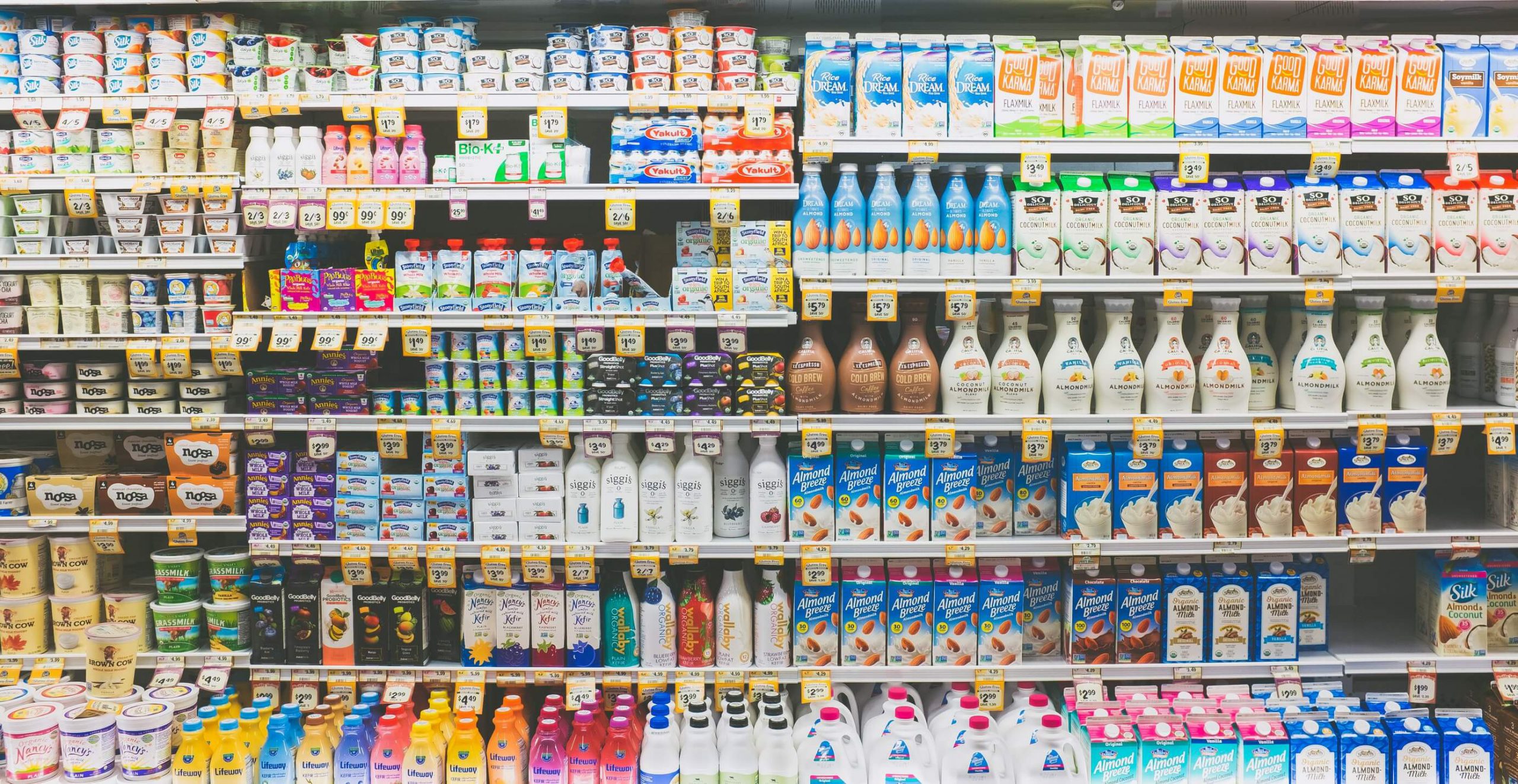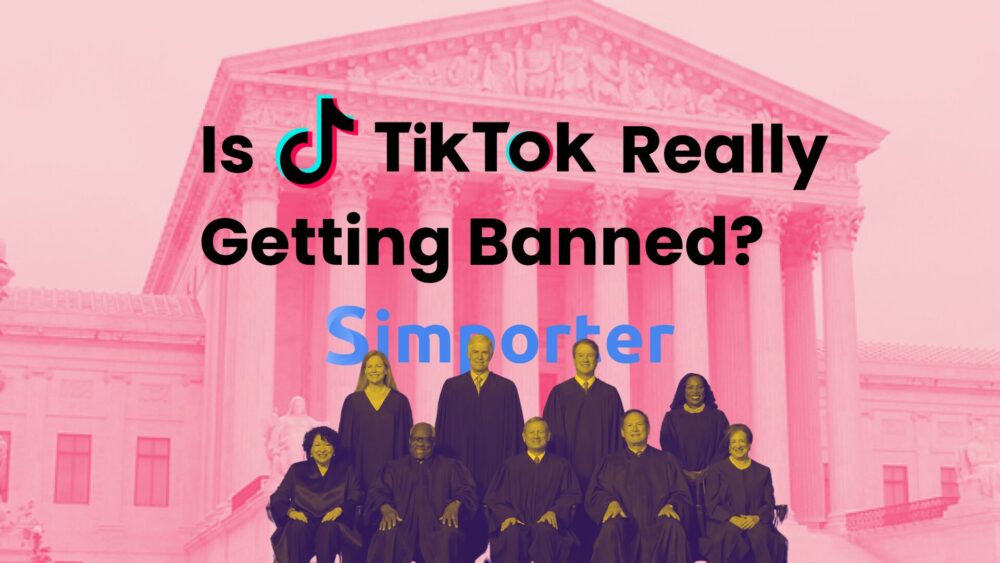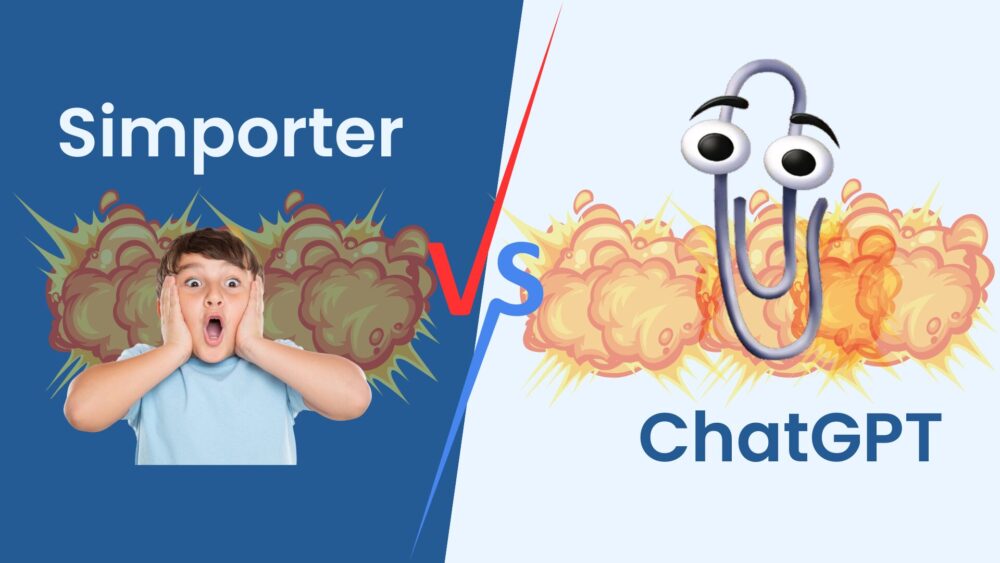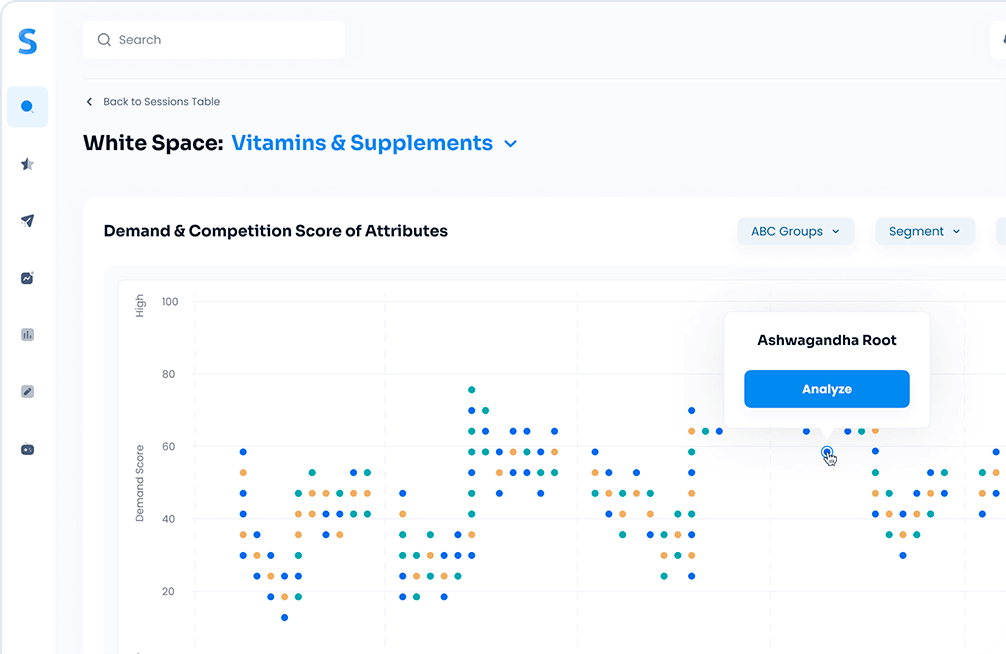Dive into specific use cases by Kroger, Home Depot, and Żabka.
Running a retail business entails certain risks associated with product development, sales forecasting and supply chain management. To avoid pitfalls, most businesses experience a strong need for increased accuracy of consumer demand forecasts. Fortunately, retailers have access to huge data sets, which include every contact point that customer has with their brand.
A brief look at Artificial Intelligence in retail businesses
Manually processing this high volume of information is close to impossible. That is why retailers adopt AI technology, which is capable of turning raw data into actionable insights. By processing historical data, aggregating customer reviews and following conversations on social media, AI uncovers product attributes that drives consumer sales, suggests marketing messages to help promote products and provides reliable sales forecasts. An increasing number of executives recognize the utility of AI tools, with 43 percent of marketers and some of the biggest retail companies already using AI to expand their audiences.
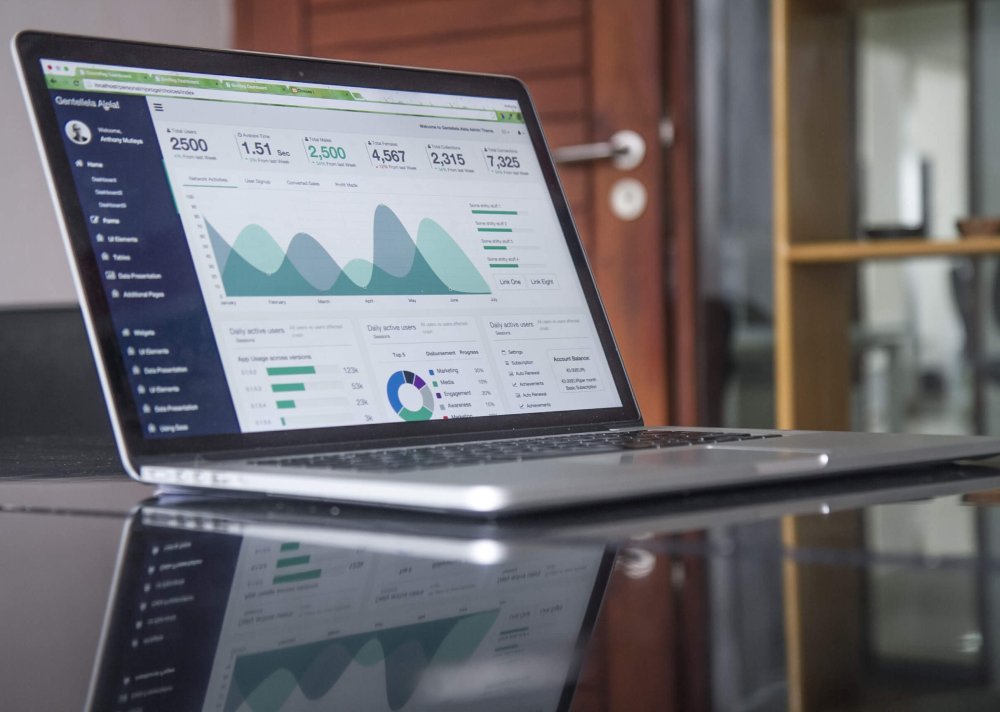
Redefining shopping experience with Artificial Intelligence: Kroger
Kroger is at the forefront of AI adoption, using the technology to continuously analyze and improve its marketing, sales and supply chain channels. The company is strategically accelerating its ecommerce, digital and omnichannel efforts as part of Restock Kroger, a three-year plan to redefine the grocery customer experience in America. Through 84.51°, Kroger’s in-house data and analytics team, the company is applying customer purchase data from 60 million households to develop informed marketing campaigns and leveraging machine learning for more accurate sales forecasting and even bolstering automated warehouses powered by robots.
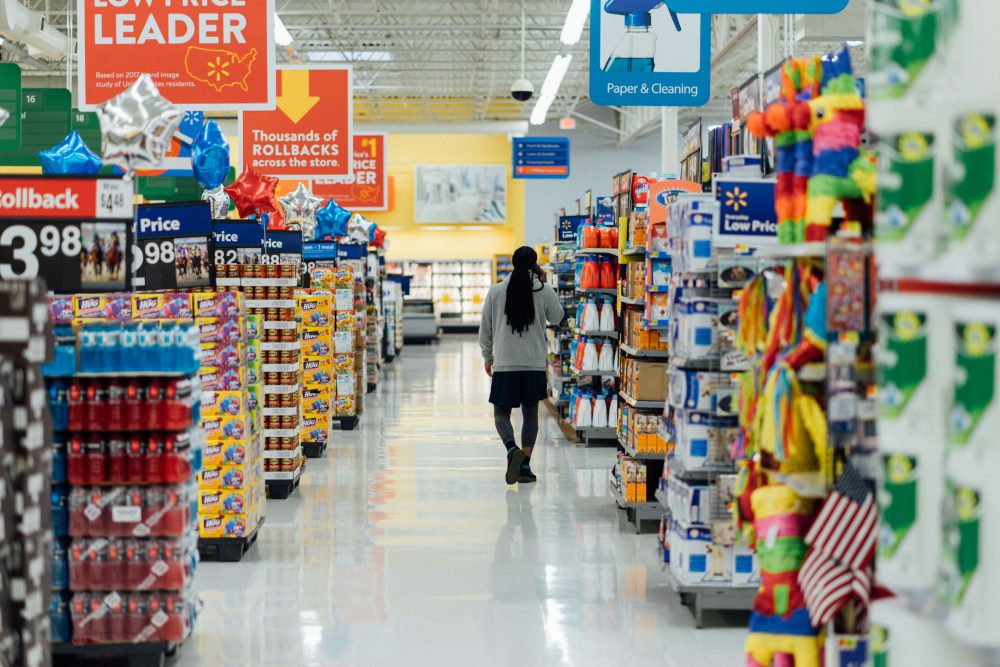
But Kroger doesn’t stop there. The retail chain recently teamed up with Microsoft to co-innovate and personalize customers’ shopping experiences with the help of AI. Powered by Microsoft Azure, the EDGE Shelf eliminates the need for printed price tags by digitally displaying prices, deals, and nutritional and dietary information. Bluetooth in the shelf interacts with customers’ smartphones or Scan, Bag, Go hand-held device, lighting up the shelves that hold items on their shopping list. For retailers, this technology may offer a solution to price update issues, blending brick-and-mortar stores with e-commerce functionality. With product information constantly updated automatically, stores can also manage out-of-stock items better, reduce waste and enhance associate productivity.
Engaging customers: Home Depot
Another retailer, Home Depot, utilizes AI to guide customers down the sales funnel and increases conversion rates from searchers to buyers. Home Depot has noticed that many website visitors browse without knowing which tool they need. Thanks to machine learning, the company is now able to anticipate the needs of the customer and help them pick the right tools. First, the algorithm discovers the type of the project that visitor is interested in and then suggests which products to buy. The AI-powered search experience ensures that only relevant products with standardized descriptions appear in search. In addition, the recommendation engine enhances the experience and drives more purchases.
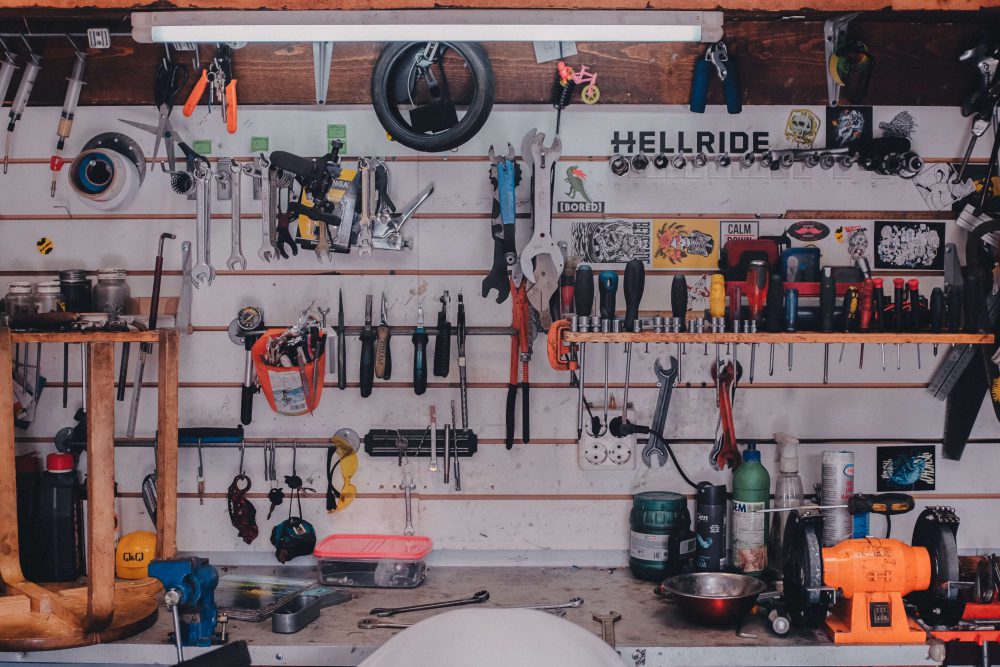
Traditional marketing tools can’t provide unique offers to every customer, based on their preferences. AI, on the other hand, lets Home Depot uncover what customers want even before they know it, let them find products faster and engage them further with helpful content, like how-to guides and tips for using tools. Home Depot uses AI to understand their customers better, encourage product discovery and repeat purchases.
Providing fully automated shopping: Żabka
Żabka, the biggest convenience store chain in Poland, wants to modernize customer experience and create the “shop of the future” – a checkout-free, round-the-clock, fully automated service. The majority of Żabka customers visit stores late in the day and very briefly, often dropping by on the way from work. They would prefer to find products fast and easily and check out automatically, 24 hours a day, 7 days a week. To provide this experience, and offer more services with limited space and employee availability, Polish retailer enlisted AI technologies.

Żabka announced the intention to implement the unique artificial intelligence and sensor fusion technology that combines information from sensors registering different types of data such as weight and image. Previously, Żabka had already teamed up with Microsoft to implement the AI “smart shelves” and price analysis technology. AI will help to support the franchise and turn the limitations of a small format store into advantages while reducing employee working time and improving customer satisfaction.
Conclusions
Marketing decisions backed by data are less likely to backfire and result in losses for the business. That is why AI is increasingly popular among marketers: AI increases the efficiency of decision-making. A growing number of enterprises choose to adopt AI technologies for predicting consumer demand, improving customer service, avoiding stock outages, and fine-tuning ad spend. However, this is not the limit to what AI can do. AI can harness even more data, track the best channels and suggest the right message for targeting the audience. With more insights about true market demand, marketers can create better strategies, underpinned by data.
